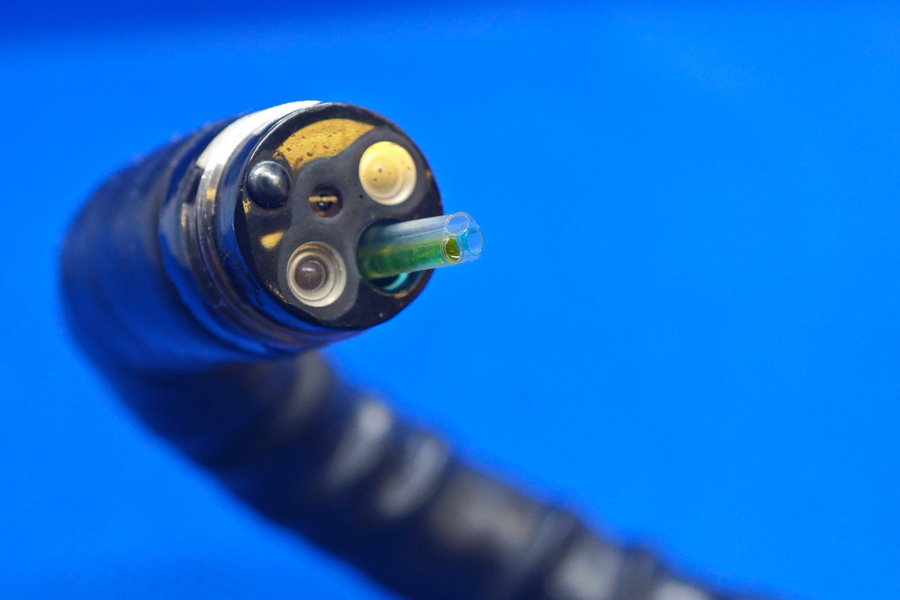More than 20 million Americans undergo colonoscopy screenings every year, and in many of those cases, doctors end up removing polyps that are 2 cm or larger and require additional care. This procedure has greatly reduced the overall incidence of colon cancer, but not without complications, as patients may experience gastrointestinal bleeding both during and after the procedure.
In hopes of preventing those complications from occurring, researchers at MIT have developed a new gel, GastroShield, that can be sprayed onto the surgical sites through an endoscope. This gel forms a tough but flexible protective layer that serves as a shield for the damaged area. The material prevents delayed bleeding and reinforces the mechanical integrity of the tissue.
“Our tissue-responsive adhesive technology is engineered to interact with the tissue via complimentary covalent and ionic interactions as well as physical interactions to provide prolonged lesion protection over days to prevent complications following polyp removal, and other wounds at risk of bleeding across the gastrointestinal tract,” says Natalie Artzi, a principal research scientist in MIT’s Institute for Medical Engineering and Science, an associate professor of medicine at Harvard Medical School, and the senior author of the paper.

